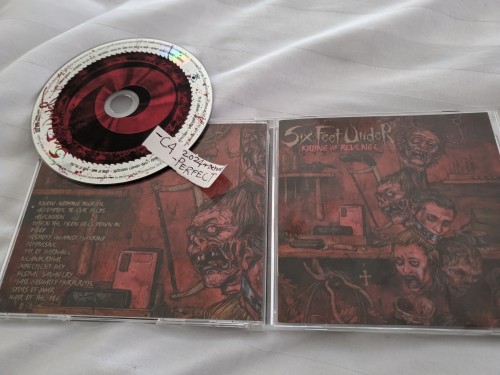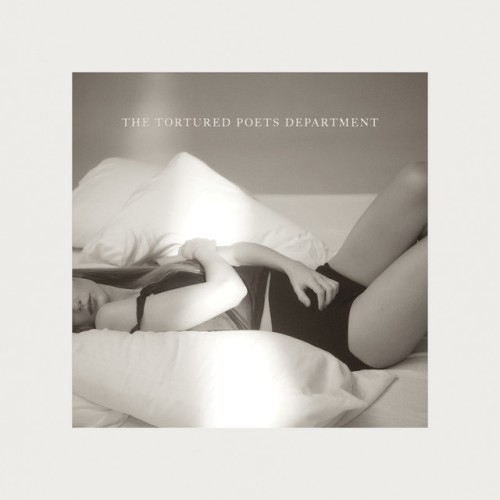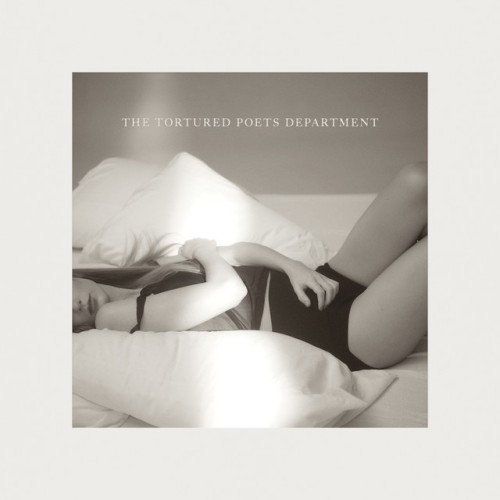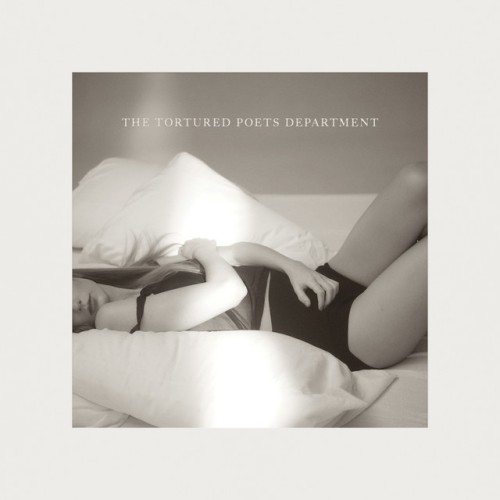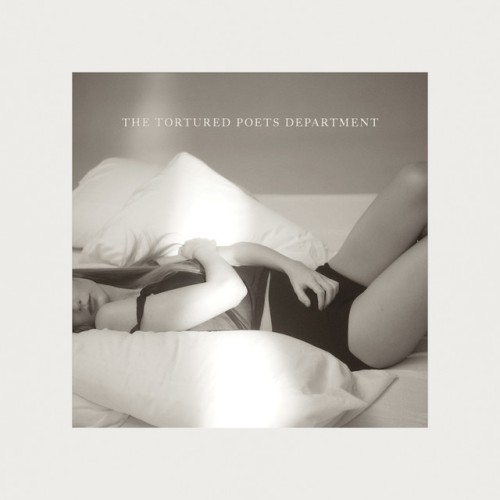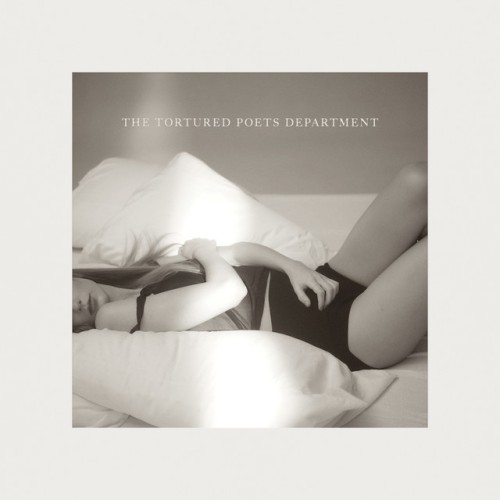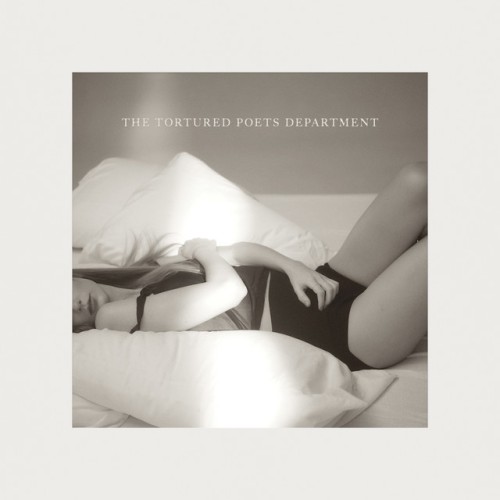
Tallinn Chamber Orchestra, Estonian Philharmonic Chamber Choir & Tõnu Kaljuste – Veljo Tormis: Reminiscentiae (2023)
FLAC (tracks) 24 bit/96 kHz | Time – 01:17:23 minutes | 1,19 GB | Genre: Jazz
Studio Masters, Official Digital Download | Front Cover | © ECM New Series
The elemental power of ancient folk music is the lifeforce that drives the compositions of Veljo Tormis (1930-2017). As the great Estonian composer famously said, “I do not use folk song. It is folk song that uses me.” This sentiment is echoed in definitive performances by the Estonian Philharmonic Choir and the Tallinn Chamber Orchestra under the direction of Tõnu Kaljuste, for decades one of Tormis’s closest musical associates. Four orchestral cycles celebrate the changing seasons: Autumn Landscapes, Winter Patterns, Spring Sketches, Summer Motifs. And three pieces – Worry Breaks The Spirit, Hamlet’s Songs and Herding Calls – feature new arrangements by Tõnu Kaljuste, continuing and commemorating Tormis’s work. The album opens with The Tower Bell In My Village which Kaljuste commissioned 45 years ago. It sets words by Fernando Pessoa that seem entirely pertinent in the context of this tribute. “Oh death, it’s a bend in the road/You can’t be seen when you’ve passed by/But still your steps continue…” Reminiscentiae was recorded at Tallinn’s Methodist Church in October and November 2020.
Read more
NFM Wrocław Philharmonic & Tonu Kaljuste – Arvo Pärt: The Symphonies (2018)
FLAC (tracks) 24 bit/44,1 kHz | Time – 01:19:26 minutes | 719 MB | Genre: Classical
Studio Masters, Official Digital Download | Front Cover | © ECM New Series
Pärt’s four symphonies stretch across a period of 45 years, from 1964 and 1966 respectively for the first two, 1971 for the third, and 2008 for the fourth. His first steps into the works of the symphony were still marked by dodecaphonism, although Pärt would not resist the gradual appearance of tonal poles in his work and “accidental” encounters between consonant notes and the harmonies that resulted; but the discourse remains very much linked to modernist principles, while exploring older forms of prelude and fugue, or indeed polyphony. With the Second, Pärt’s avant-gardist period came to an end. From the 1970s, Pärt would completely revise his language, and come to concentrate on religious and medieval music, in such a way that his Third Symphonythrows out dodecaphonism and all its theories, developing in their place a tonal, melodic, modal idiom (the old ecclesiastical styles, in fact). And within this personal revolution, Pärt would take a step into “tintinnabulum”, which formed the basis of the Fourth Symphony, written for strings, harp and percussion: a wide world of meditation, stunning, unreal, intangible, and fundamentally tonal, in which the movements from one phenomenon to another move immensely slowly, allowing the listener to savour every moment.
Read more
Tallinn Chamber Orchestra, Tõnu Kaljuste, Estonian Philharmonic Chamber Choir – Gesualdo (2015)
FLAC (tracks) 24 bit/96 kHz | Time – 58:30 minutes | 1,07 GB | Genre: Classical
Studio Masters, Official Digital Download | Front Cover | © ECM New Series
This absorbing project finds Australian composer Brett Dean and Estonian composer Erkki-Sven Tüür drawing inspiration in very different ways from the music, life and times of Carlo Gesualdo and juxtaposes these reflections with Gesualdo’s own music.
The music of Carlo Gesualdo, Prince of Venosa (1566-1613) has exerted a powerful influence on composers down the ages. His highly-charged, mannerist, idiosyncratic vocal music constitutes “a gallery of dramatically-lit portraits of human emotions with a heavy emphasis on the extremes of joy and despair” (to quote former Hilliard Ensemble singer Gordon Jones).
Brett Dean’s „Carlo“ (composed 1997) begins with pure Gesualdo from the 6th Book of Madrigals, then gradually enters a very 20th century sound-world. Through use of both sampled and real-time voices as well as increasingly intense strings Dean paints an hallucinatory picture of the Prince of Verona’s state of mind as he is driven toward his violent crimes of passion (he murdered his wife and her lover when he caught them in flagrante delicto) .
Erkki Sven Tüür’s „L’Ombra di Gesualdo“ references the Gesualdo motet ‘O crux benedicta’ from the Cantiones sacrae, and Gesualdo’s piece is also heard in an arrangement for strings by Tüür. The programme is completed by Tüür’s ‘Psalmody’, which is without a Gesualdo-inspired subtext but it too cross-references older and newer music, within the narrower time-frame of Tüür’s own oeuvre.
Read more


![King Crimson - Larks’ Tongues in Aspic (40th Anniversary Edition) (1973/2023) [High Fidelity Pure Audio Blu-Ray Disc]](https://imghd.xyz/images/2024/05/12/138741_front.md.jpg)


